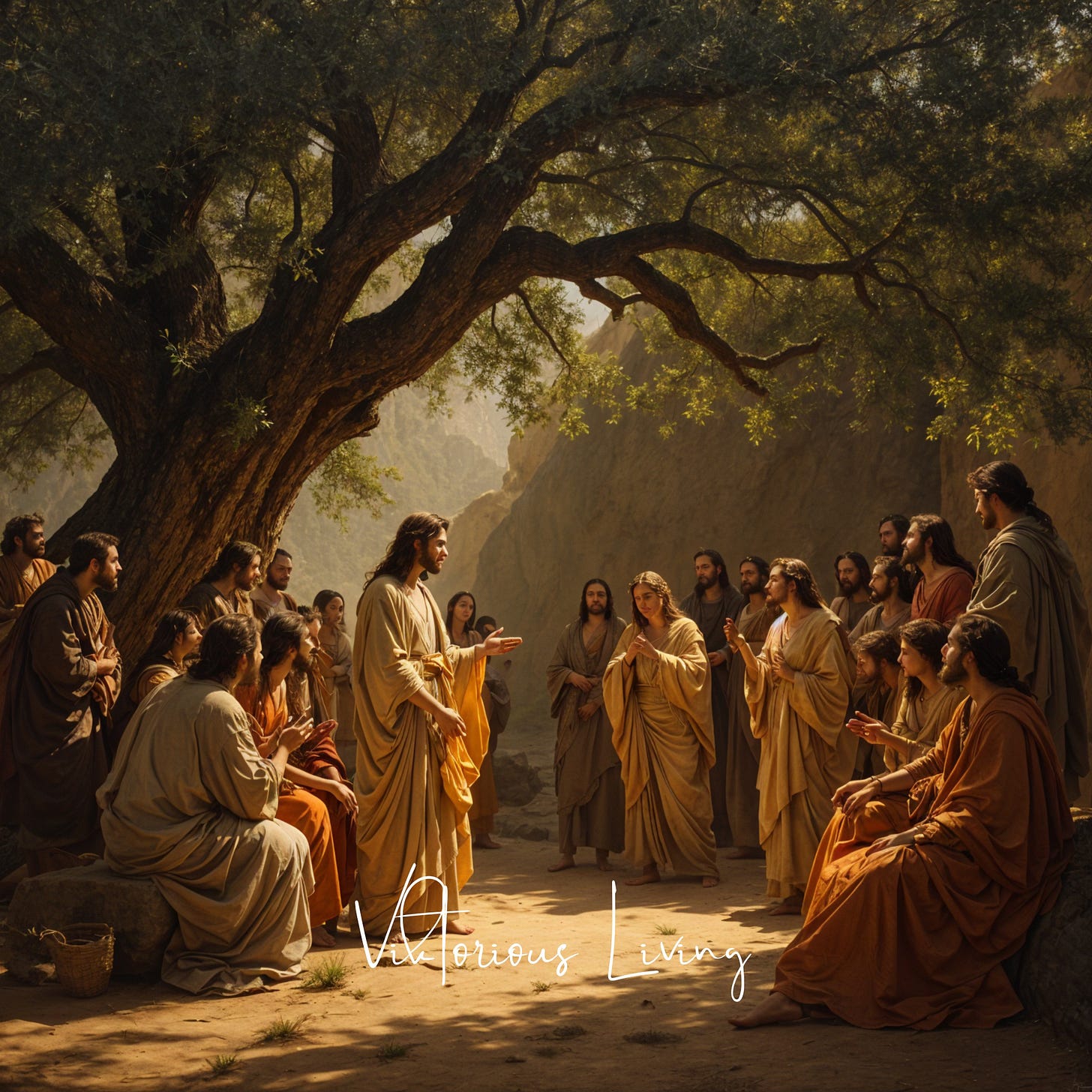Empty-handed generosity
Matthew 10:7-15 | 10 July - Thursday of week 14 in Ordinary Time - Year C (I)
From the Gospel according to Matthew
At that time: Jesus instructed his Apostles: ‘Proclaim as you go, saying, “The kingdom of heaven is at hand.” Heal the sick, raise the dead, cleanse lepers, cast out demons. You received without paying; give without pay. Acquire no gold or silver or copper for your belts, no bag for your journey, or two tunics or sandals or a staff, for the labourer deserves his food. And whatever town or village you enter, find out who is worthy in it and stay there until you depart. As you enter the house, greet it. And if the house is worthy, let your peace come upon it, but if it is not worthy, let your peace return to you. And if anyone will not receive you or listen to your words, shake off the dust from your feet when you leave that house or town. Truly, I say to you, it will be more bearable on the day of judgement for the land of Sodom and Gomorrah than for that town.’
The Gospel of the Lord.
Praise to You, Lord Jesus Christ.
This passage occurs within Jesus' "Missionary Discourse" (Matthew 10), where He commissions the Twelve Apostles for their first independent mission. Set in first-century Palestine, this represents the expansion of Jesus' ministry beyond His physical presence—a revolutionary moment when ordinary fishermen and tax collectors become bearers of divine authority.
"Kingdom of heaven is at hand" - The Greek engiken suggests something that has arrived and is actively present
"You received without paying; give without pay" - Dorean (freely) emphasizes grace as the foundation of ministry
"Worthy" (axios) - Not moral perfection, but receptiveness to God's message
"Peace" (eirene) - The Hebrew shalom, representing wholeness and divine blessing
Jesus calls us to live with radical generosity and simplicity, trusting that God will provide what we need as we serve others. The Kingdom of heaven isn't a distant promise but a present reality we're called to proclaim through our actions and words. Our effectiveness isn't measured by accumulation but by our willingness to give freely what we've received from God.
I remember a time when I felt called to help a struggling neighbour but worried I didn't have enough resources myself. Yet when I offered what little I had—time, a listening ear, and a simple meal—it opened doors to deeper conversations about faith and hope. Like the disciples, I discovered that stepping out in faith with limited resources often leads to full hearts.
This passage challenges our culture's obsession with security and accumulation. Jesus isn't advocating irresponsibility, but rather demonstrating that when we prioritise work for the God’s Kingdom, our fundamental needs are met through unexpected channels—the kindness of strangers, community support, and God's mysterious provision.
Act: This week, practice "empty-handed generosity." Give something valuable without expecting return—your time, attention, or resources to someone who cannot repay you.
Reflect: What am I holding onto that prevents me from serving freely? Where is God calling me to trust His provision over my security?
Let us pray: Lord, help us give freely what we've received.
From the sayings of Saint Hannibal Mary Di Francia:
We ask the Lord to give us the spirit of prayer.




